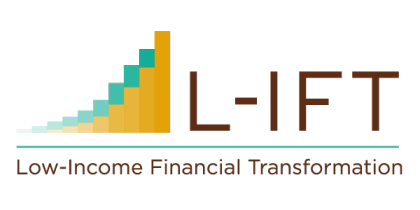In the former blog we looked at the downsides students experience with the current dominant money system in use, i.e. banks and ATMs. It clearly came out that they are in need for a system, which makes their lives easier. The willingness from their side to try out new concepts is given, as long as they can trust the system.
Besides trust as the major criteria for them to adopt a new system, the students revealed that it should address different needs, for example the possibility to buy airtime anywhere at any time. Being able to load airtime at night or when at inconvenient places, would benefit them immensely. Another important point that was raised was the fact that the money sent from their parents usually does not last until the next round of money is sent to them. Borrowing from people has become a common undesirable habit that occurs among many students. Our respondents suggested that the system could control the amount of money that is made available to them. Instead of getting everything at once, the money could be made available bit by bit, so that lasting until the next round is facilitated.
They also made suggestions on how the society can slowly learn to adopt to this new system. They said for instance that some type of rewarding system would definitely get people’s attention and encourage them to use it:
“A rewarding system when using mobile money (e.g. transferring money, shopping) by giving the user some amount of money when a certain point of using the service is reached, providing a higher interest rate for those who frequently use it or getting a lottery after the 10th or so transaction could be a good way to encourage people to use mobile money”.
Those suggestions and all those sorts of inputs on mobile money features shows how quickly our students grasped what the system is about and how it can be used. Most of them were willing to start using it right away. It seems like time has come for Ethiopia to tap the full potential of the digital era and finally start making a change. What are we waiting for?
By Frehiwot Sinishaw
Programme Assistant based in Ethiopia
